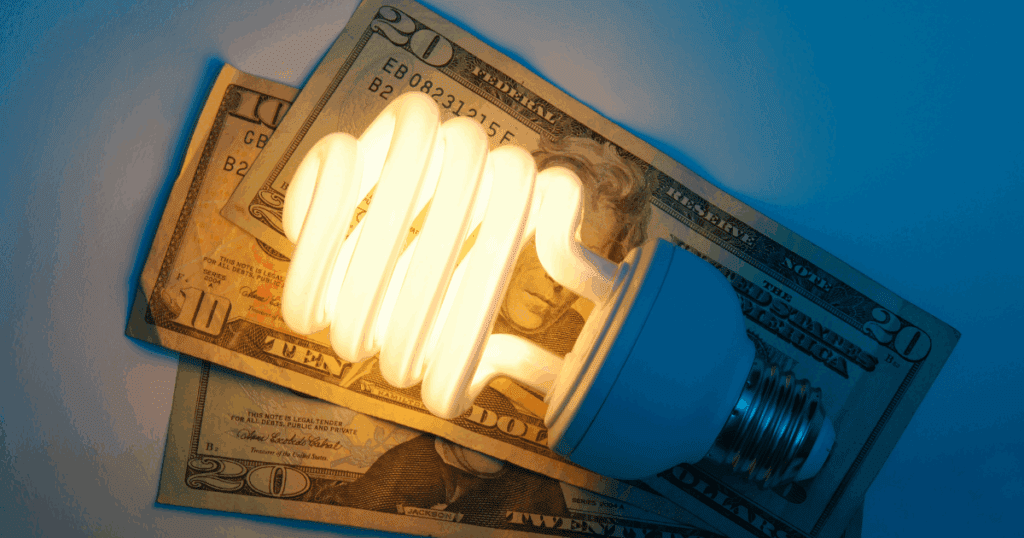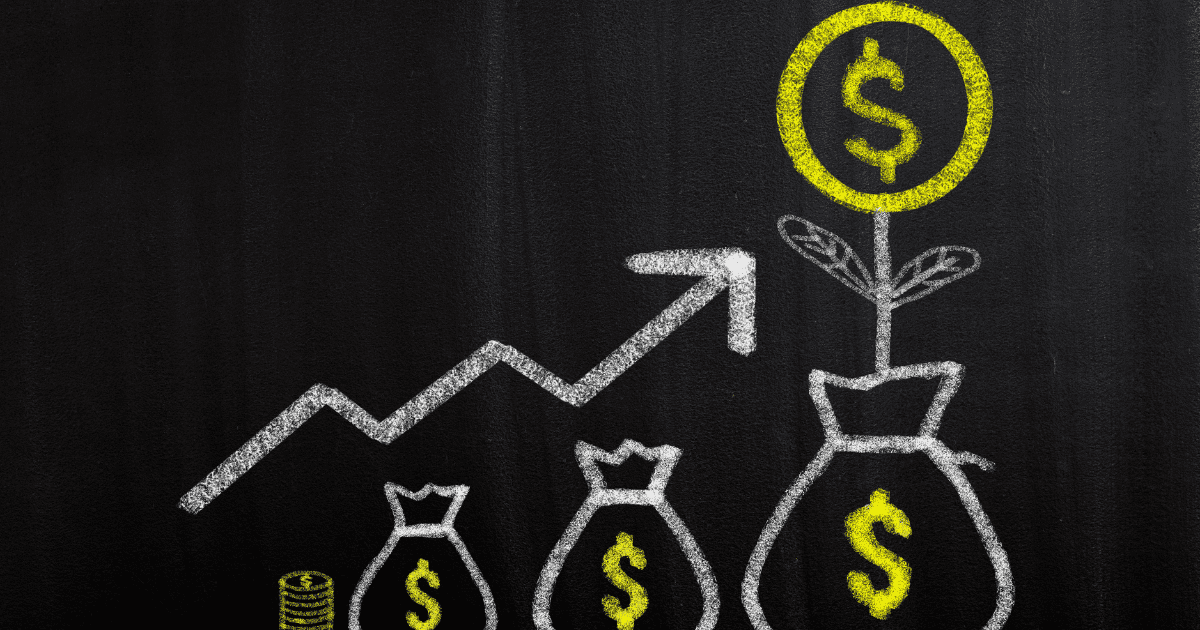- Understanding the Basics of Money Management
- Creating and Sticking to a Realistic Budget
- Embracing the Joy of Minimalism
- Automating Savings for Peace of Mind
- The Power of Bulk Buying and Meal Planning
- Repurposing and Recycling: Financial and Environmental Benefits
- Investing in Quality Over Quantity
- Reducing Energy Usage
- FAQ – Common Questions
- Conclusion

Are you tired of constantly worrying about money? Have you ever caught yourself wishing there was a magic formula to increase your savings without drastically changing your lifestyle? You’re not alone. I too was once overwhelmed by my expenses, wondering if I would ever achieve financial stability. But then, I discovered that incorporating a series of money-saving habits into my daily routine could indeed transform my financial life. Let me share with you some pivotal habits that helped me change my approach to wealth.
Understanding the Basics of Money Management
When I first started my journey towards better financial habits, I had to go back to basics. Understanding money management is essential for anyone looking to save effectively. The critical elements revolve around budgeting, tracking expenses, and understanding financial priorities. Here’s what I learned along the way.
| Concept | Definition | Importance |
|---|---|---|
| Budgeting | Allocating income to expenses and savings | Prevents overspending |
| Tracking Expenses | Monitoring what you spend | Identifies spending habits |
| Financial Priorities | Rank expenses by importance | Ensures essentials are covered |
| Savings Goal | Specific target for savings | Focuses savings efforts |
Understanding these basic financial concepts helped me to start saving more and spending less without compromising my lifestyle’s quality.
Creating and Sticking to a Realistic Budget
The journey began with a realistic budget that reflected my lifestyle and financial goals. I had to differentiate between necessities and luxuries. Creating a budget required discipline and honesty about my spending habits. My first step was to list my monthly income and expenses, which helped me see where my money was actually going. Sticking to this budget meant making conscious choices about my expenditures and resisting the temptation of impulsive purchases.
Embracing the Joy of Minimalism

“Owning less is better than organizing more.” This insight struck me as I realized the benefits of minimalism. Cutting down needless possessions not only saved money but also reduced stress and created more space and freedom. I slowly started embracing a minimalist lifestyle by applying the buy-and-keep rule: if not needed or if it doesn’t add value, it’s not worth having.
“The secret of getting ahead is getting started.” — Mark Twain
I’ve learned that minimizing leads to significant financial savings and provides clarity about what truly matters in life.
Automating Savings for Peace of Mind
Once I adjusted my budget, I decided to automate my savings. Setting automatic transfers to my savings account each time I received my paycheck made saving effortless and reliable. This habit ensured that my priorities stayed focused and that my savings grew consistently without the need for monthly manual action.
The Power of Bulk Buying and Meal Planning

Another crucial habit was planning my meals ahead of time and buying groceries in bulk. Not only did it save money, but it also eliminated the stress of deciding what to eat every day. In addition, it reduced the chances of overspending on spontaneous dining choices.
1- Determine weekly meals and snacks.
2- Create a shopping list excluding non-essentials.
3- Shop in bulk for non-perishable items.
4- Prepare meals in advance to avoid last-minute take-outs.
Following this process helped me slash my grocery bills significantly.
Repurposing and Recycling: Financial and Environmental Benefits
It was surprising to see how much money I could save by simply repurposing and recycling items around my home. Old furniture, clothes, and even electronic gadgets could either be sold or revamped, providing a double advantage of decluttering my space and increasing my savings.
Investing in Quality Over Quantity
I learned that the cheapest option is not always the most economical in the long run. Investing in quality items, whether it be clothing, appliances, or even experiences, often resulted in better value and satisfaction. This habit required a shift from short-term satisfaction to long-term insight and greatly influenced my purchasing decisions.
Reducing Energy Usage
Adopting energy-saving practices at home was not only eco-friendly but also cost-effective. Small changes, like switching off unused appliances, using energy-efficient bulbs, and air-drying clothes, significantly reduced my utility bills over time.
FAQ – Common Questions
How much should I aim to save each month?
Ideally, aim to save at least 20% of your monthly income, but adjust based on personal goals and expenses.
Is it wise to cut out all luxuries to save money?
Not necessarily. Balance is crucial. Identify and prioritize luxuries that provide genuine joy.
How do I handle unexpected expenses?
Set up an emergency fund that can cover 3 to 6 months’ worth of living expenses.
Should I pay off debt or save?
Tackle high-interest debt first while maintaining a small emergency savings fund.
How can I increase my income to save more?
Consider side hustles, freelancing, or investing in skills to boost your earning potential.
Conclusion
By gradually adopting these money-saving habits, I’ve found a path to not only financial stability but also greater peace of mind. These practices didn’t just change my relationship with money—they changed my life. Achieving and maintaining a healthy financial standing is a journey, but by making conscious choices and staying informed, it is a journey that anyone can undertake. Remember, the secret is to start small, be consistent, and always keep your financial goals in sight.












